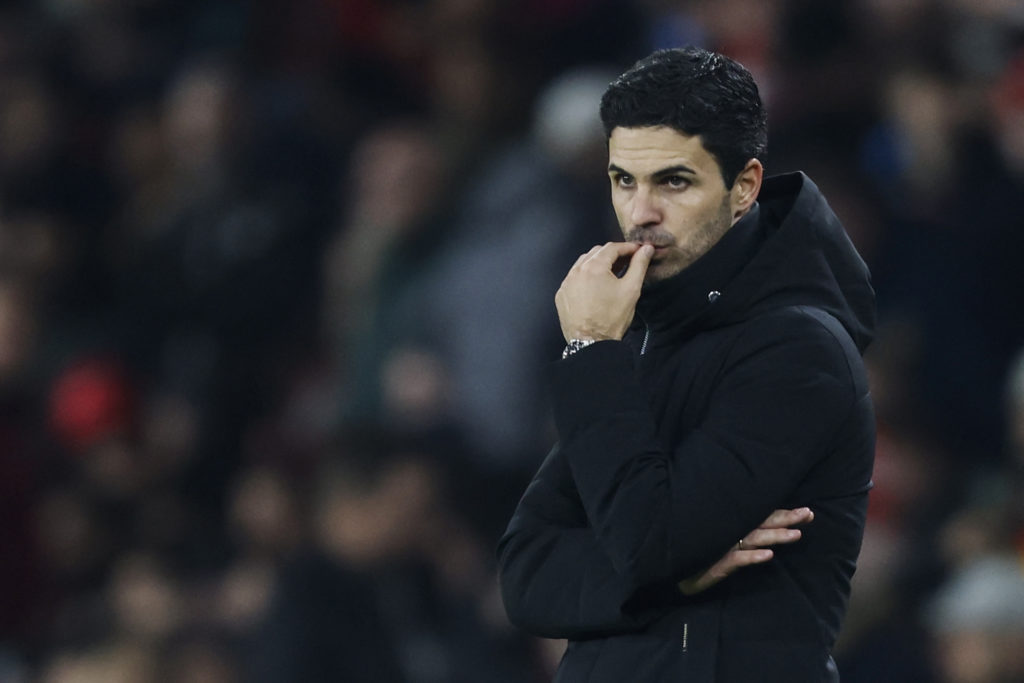Arsenal were reportedly among a number of clubs whose representatives were left baffled over Chelsea side-stepping the visa threshold for David Datro Fofana.

Sami Mokbel reports for the Daily Mail that Arsenal representatives were among those bemused by a recent Premier League meeting over the work permit rules.
Chelsea striker David Datro Fofana was recently awarded a visa on appeal, despite failing to meet the threshold, with clubs being told that was because Chelsea gave a “good presentation”.
Many clubs from around the league have fallen foul of work permit restrictions in the past, with Arsenal among them.
The likes of Wellington Silva spring to mind, with the winger receiving a work permit to play for Arsenal in time for the 2015/16 season, five years after the Gunners initially signed him.
No one wants players to be stuck in limbo like that, but there has to be consistency across the board.
If Chelsea can get Fofana a permit despite his failure to reach the threshold, other clubs are entitled to ask for the same treatment for their players.
Even Chelsea must be frustrated by the fact that Fofana received a permit whilst they had to defer their application for Andrey Santos.

On a related note, the Premier League are planning to try and persuade the FA to dilute their work permit rules.
They’re hoping to convince the FA to lower the number of Governing Body Endorsement points required for an overseas player from 15 to 12, as well as revamping the exceptions panel for players who fall short.
Points are awarded based on a number of factors, including games played, the quality of the league they play in, and their international caps.
What are the Premier League work permit rules?
The Premier League work permit rules are set by the UK government’s Home Office, and previously applied to all non-EEA (European Economic Area) and non-Swiss football players who wanted to play in the UK.
Since the UK left the European Union on January 1, 2021, the freedom of movement of EU citizens to work in the UK has ended. As a result, EU football players are now subject to the same work permit rules as non-EEA players.
To obtain a work permit for the Premier League, a foreign football player must meet certain criteria, including:
- They must have played in a minimum percentage of their national team’s international matches over the previous two years, depending on the ranking of the team.
- They must have played for a club in a top league in their home country.
- They must be transferring to a Premier League club for a transfer fee of more than £10 million (unless they have exceptional talent).
Moreover, the UK government has introduced a points-based immigration system that has a points threshold for obtaining a work permit. The players need to accumulate a certain number of points based on factors such as their age, transfer fee, and wages.
In addition to these criteria, the Premier League club that wishes to sign the player must also demonstrate that the player will make a significant contribution to the development of football in the UK.
The work permit application process is handled by the Football Association (FA) and the Premier League, who make a recommendation to the Home Office on whether a work permit should be granted. Ultimately, the Home Office makes the final decision on whether to grant a work permit.
It’s worth noting that the UK government has negotiated a special agreement with the EU on mobility and social security for professional athletes, which could make it easier for EU football players to obtain work permits in the UK.
Overall, these changes mean that it may become more challenging for Premier League clubs to sign non-EEA and EU football players who do not meet the updated criteria.

